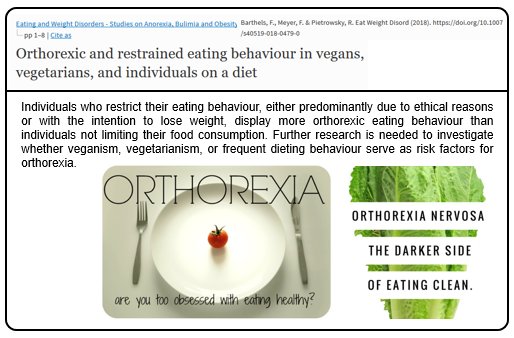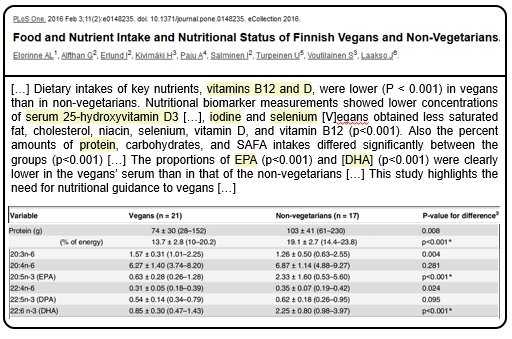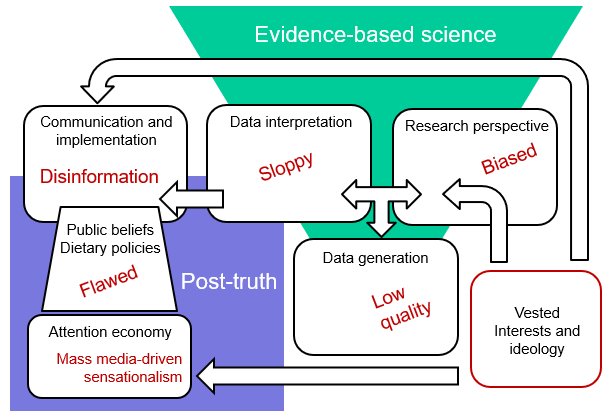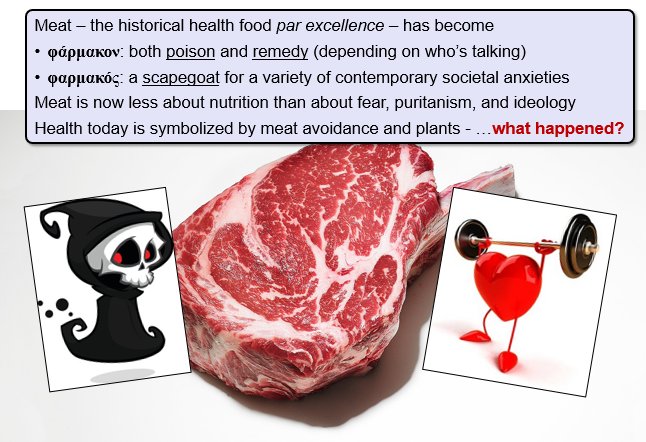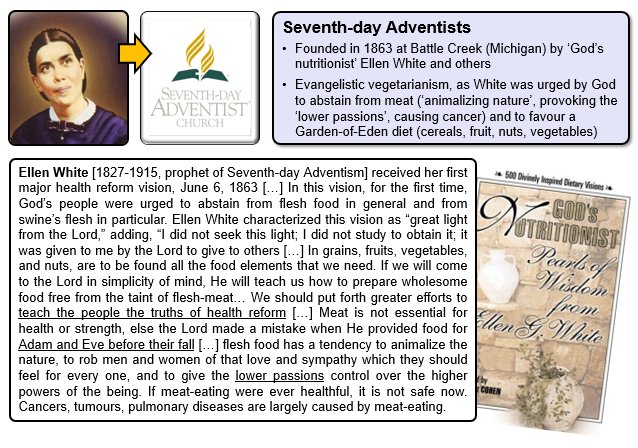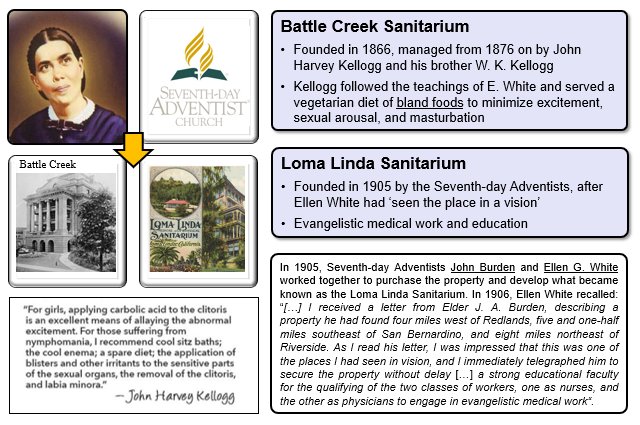Thread: HEALTH RISKS OF 'PLANT-BASED' DIETS
L Keith, ex-vegan, talks about how her diet led to catastrophy on the long run: amazon.com/Vegetarian-Myt…
For ex-vegans on twitter with similar stories, see twitter.com/fleroy1974/lis… - also check out @SBakerMD's #meatheals
1/n
L Keith, ex-vegan, talks about how her diet led to catastrophy on the long run: amazon.com/Vegetarian-Myt…
For ex-vegans on twitter with similar stories, see twitter.com/fleroy1974/lis… - also check out @SBakerMD's #meatheals
1/n

First, let's put aside the myth that plant-based makes you healthier. Those claims are based on weak and biased epidemiological associations (RR=0.8-0.9?? - seriously, that's just meaningless).
2/n
2/n

The best plant gurus can get out of more controlled studies is the fact that it lowers total cholesterol and LDL-C. But, that's just another belief system - no point wasting time on the meat-gives-you-clogged-arteries propaganda...
3/n
3/n
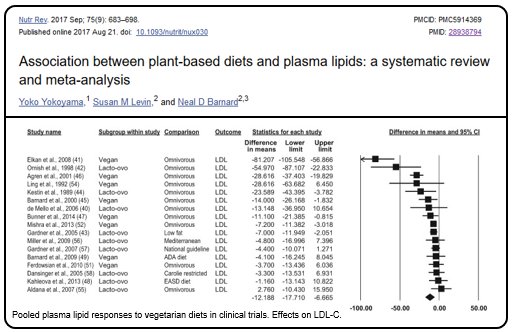
Suffices to mention that more interesting markers, such as HDL and TG, point towards detrimental effects.
4/n

4/n


Here's another study showing just that: plant-based diets lead to worrying effects on risk markers
5/n
5/n

And, according to the study below, things aren't going well on a plant-based diet at all. Poorer health (cancer, allergies, mental disorders) and lower quality of life.
6/n
6/n

And notice how the (Seventh-Day Adventist-steered) position paper on vegan diets by the Academy of Nutrition and Dietetics is in complete contrast with what is being said in Germany, both by the German Nutrition Society...
9/n
9/n

The Swiss are in agreement and have written a detailed report on the matter: eek.admin.ch/eek/de/home/pu…
11/n
11/n
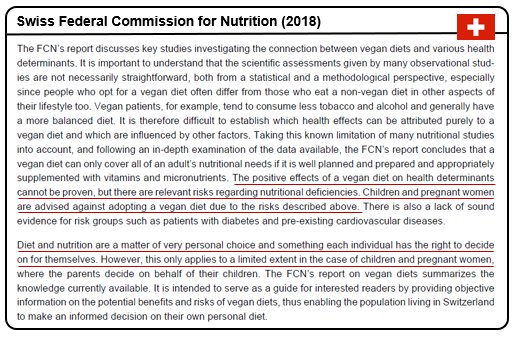
Several nutrients may cause problems in restrictive 'plant-based' diets, some being very problematic. Supplementation may help (although often neglected), but some risks remain.
12/n
12/n

This is a study from Denmark, showing low protein levels and multiple nutrient deficiencies. Vitamins B2, B12, A, and D, selenium, iodine, and concerns related to iron and calcium.
13/n
13/n

Not only in the UK of course, vitamin B12 deficiences also seen in Australia, Germany, Italy, Austria, Hong Kong, India, ... A global problem. Goes hand in hand with atherosclerosis, by the way.
19/n
19/n

Large scale data analysis: mutiple nutrient risks, including vitamins B6 and B12, choline, selenium. And protein of course.
20/n
20/n

Study from Switzerland: vitamins B3, B6, Zn problematic. Low Ca and vitamin D intake. B12 seems less worrisome here. Higher supplementation discipline than other countries, apparently. They are Swiss after all.
21/n
21/n
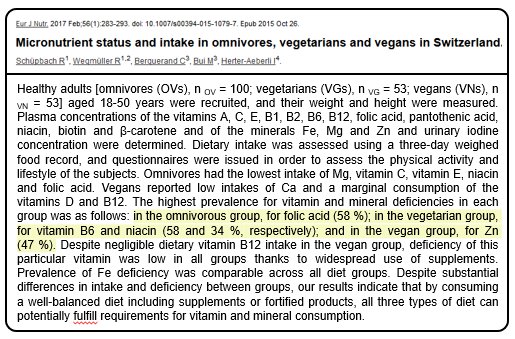
Which brings us to the problem of nutrient deficiencies in pregnant women. I'm worried about the omega-3s, but too low levels of vitamin B12 is of course the most obvious one.
23/n
23/n

It is especially distressing to read the many case reports related to infants from vegan mothers.
24/n
24/n

It's a loooong list. The one below is certainly not complete. And this are just the case reports that ended up in the scientific literature. Who knows what the actual numbers are?
25/n
25/n

Yet, it is not only about infants. Children too are often a victim of the ideological choices of their parents.
30/n
30/n

So is veganism/vegetarianism a safe choice for children? Not if you do not want to risk their mental and physical development. Nutrient-dense animal foods are the safe way of providing them with what they need to thrive. Parents, please, don't take risks here.
32/n
32/n

It is so obvious from nutritional interventions in developping countries that adding animal products to plant-based diets can make all the difference on growth, cognition, and behaviour in children.
33/n
33/n

This should be among our top priorities: making sure that all children have a healthy start. Putting them on restrictive diets (either because of ideology or because of economic limitations) limits their potential.
34/n
34/n

And besides infants and children, let's not forget that adolescents are also still in the risk zone
36/n
36/n

Adding to the general pediatric concerns, the graph below shows the growth pattern of a "typical vegan infant" from a religious vegan community. Note how teh curve quickly drops below the 3% line. Plus: protein/kcal malnutrition, Fe, B12, Zn, rickets, infections.
39/n
39/n

• • •
Missing some Tweet in this thread? You can try to
force a refresh


